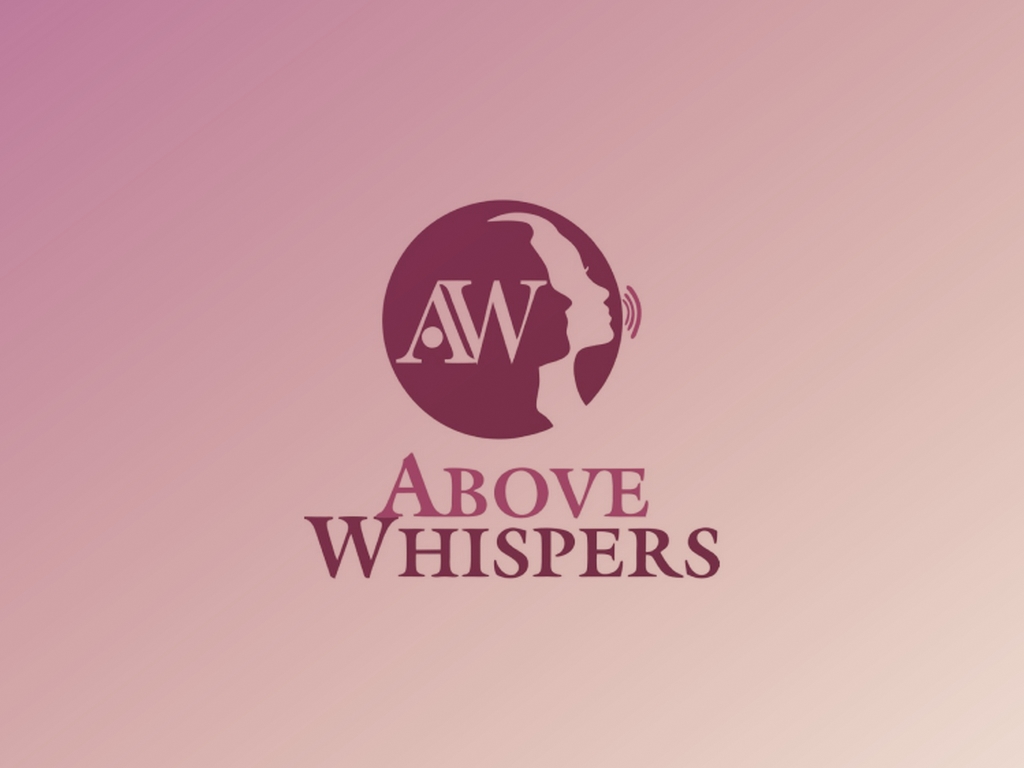
Here are some of the challenges female entrepreneurs face in the startup world.
“It’s so nice when a housewife has an idea.”
That was the first eye-opening comment I heard when I was trying to raise funding for my company. It was also the first time I realized that being a woman entrepreneur would present different hurdles than those of my male counterparts. I am a wife. I am a mom. I love those roles. I am also a business-owner and founder of a company.
A 2015 study found that 92% of senior investment teams at top venture capital firms are male. Additionally, fewer female founders – 8% in 2015 compared to 16% in 2014 – received Series A funding in the Bay Area last year. People gravitate toward those who are similar to themselves, and who are solving relatable problems. So when I set out to fund WhatFriendsDo, I should not have been shocked when I was asked if I thought there was money to be made in helping people take food to a sick friend. Male VCs were often unable to relate to my business solution because many of them had not been in charge of taking meals to a friend-in-need.
The comments I received when pitching my idea were often jaw dropping:
- “What you have is what we like to call a ‘family business,’” one said, using air quotes.
- “If I had realized you were smart, too, I would have taken a meeting with you earlier,” said another.
- “What will investors think when they walk into your office and see there are more women than men working here?” said another. “Can’t your husband just give you a loan?”
- “Sometimes business ideas are like playing Legos with your kid – you really have to push hard to make it click and stick together.”
My roles as a wife and mom did not inspire me to create WhatFriendsDo, an online platform the gives friends an easy way to support a loved one during a life-changing event such as a health crisis. I do believe, however, that being highly organized and in-tune with human behavior has positioned me to create a product designed primarily for women. When speaking with other female founders, I find we are often in a similar situation – we have created products solving problems primarily faced by women.
Wives and mothers often encounter issues in our daily lives and seek appropriate solutions. Women don’t often set out to develop the next new thing. Instead, they seek ways to improve their hectic lives and share them with other equally busy women. When we do run companies, we’re on conference calls while driving a carpool of kids to school. We are responding to emails in the kitchen in-between putting food in the oven and unloading the dishwasher. We work on our computer sitting on the sideline of a soccer game. These opportunities may provide wonderful life experiences, but they also create interesting hurdles when we, as women, are ready to scale our companies.
Here are some of the challenges female entrepreneurs face in the startup world.
“It’s so nice when a housewife has an idea.”
That was the first eye-opening comment I heard when I was trying to raise funding for my company. It was also the first time I realized that being a woman entrepreneur would present different hurdles than those of my male counterparts. I am a wife. I am a mom. I love those roles. I am also a business-owner and founder of a company.
A 2015 study found that 92% of senior investment teams at top venture capital firms are male. Additionally, fewer female founders – 8% in 2015 compared to 16% in 2014 – received Series A funding in the Bay Area last year. People gravitate toward those who are similar to themselves, and who are solving relatable problems. So when I set out to fund WhatFriendsDo, I should not have been shocked when I was asked if I thought there was money to be made in helping people take food to a sick friend. Male VCs were often unable to relate to my business solution because many of them had not been in charge of taking meals to a friend-in-need.
The comments I received when pitching my idea were often jaw dropping:
- “What you have is what we like to call a ‘family business,’” one said, using air quotes.
- “If I had realized you were smart, too, I would have taken a meeting with you earlier,” said another.
- “What will investors think when they walk into your office and see there are more women than men working here?” said another. “Can’t your husband just give you a loan?”
- “Sometimes business ideas are like playing Legos with your kid – you really have to push hard to make it click and stick together.”
My roles as a wife and mom did not inspire me to create WhatFriendsDo, an online platform the gives friends an easy way to support a loved one during a life-changing event such as a health crisis. I do believe, however, that being highly organized and in-tune with human behavior has positioned me to create a product designed primarily for women. When speaking with other female founders, I find we are often in a similar situation – we have created products solving problems primarily faced by women.
Wives and mothers often encounter issues in our daily lives and seek appropriate solutions. Women don’t often set out to develop the next new thing. Instead, they seek ways to improve their hectic lives and share them with other equally busy women. When we do run companies, we’re on conference calls while driving a carpool of kids to school. We are responding to emails in the kitchen in-between putting food in the oven and unloading the dishwasher. We work on our computer sitting on the sideline of a soccer game. These opportunities may provide wonderful life experiences, but they also create interesting hurdles when we, as women, are ready to scale our companies.
It’s true, building a business is really hard and making the idea not only click, but stick, is rough. In my experience, when female entrepreneurs have the opportunity to help others, we do. When we can find an idea that not only helps others, but can also create a scalable business solution, we are fortunate. Maybe the hurdles we have to jump to get there are why many female entrepreneurs are such great CEOs?
I wonder if a male founder has ever been told, “It’s so nice when a husband has an idea”?
Aimee Kandrac is the founder and CEO of WhatFriendsDo.com

